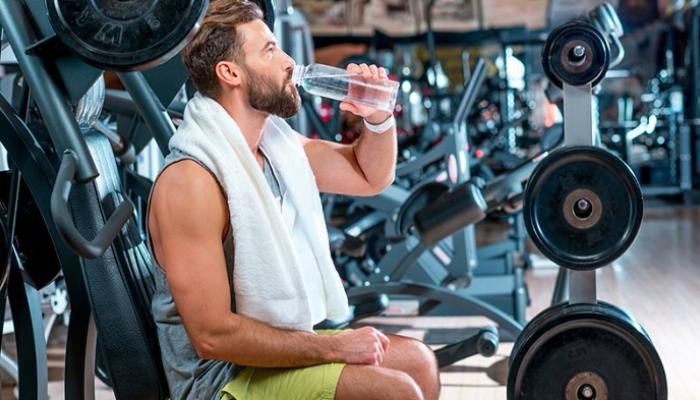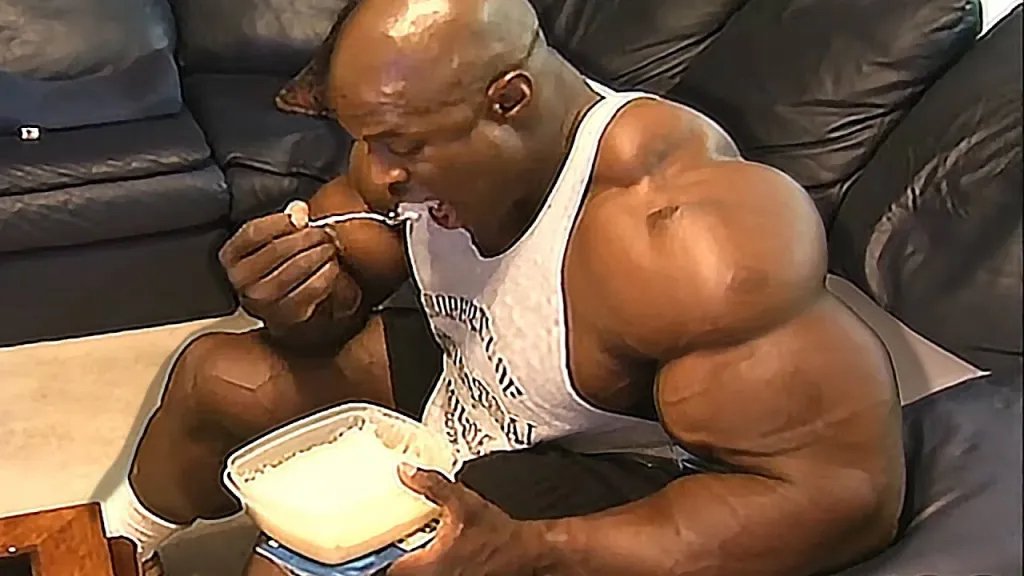Introduction: Stay Hydrated, Stay Strong
Staying properly hydrated is one of the most important yet often overlooked factors when it comes to exercise performance and overall health. Water is essential for every function in your body, especially during physical activity. Whether you’re a casual gym-goer, endurance athlete, or bodybuilder, ensuring that you drink enough water before, during, and after your workouts can make all the difference in achieving your fitness goals.
In this article, we will explore the importance of drinking water during exercise, how it affects your performance, and why proper hydration should be an integral part of every workout routine.
Why Hydration Matters During Exercise
During exercise, your body undergoes stress, and maintaining hydration is key to supporting multiple physiological processes. Here’s why drinking water during exercise is so important:
1. Regulates Body Temperature: As you exercise, your body temperature increases, and sweating is your body’s way of cooling down. Drinking water helps replenish the fluids lost through sweat, preventing overheating, heat exhaustion, and dehydration.
2. Maintains Muscle Function: Your muscles are made up of approximately 75% water. When you become dehydrated, your muscle cells lose water, leading to fatigue, cramps, and impaired performance. Proper hydration ensures that your muscles receive the oxygen and nutrients they need to keep functioning efficiently.
3. Enhances Physical Performance: Dehydration, even as little as 2% of your body weight, can significantly reduce endurance, strength, and power output. Drinking water during exercise helps maintain stamina, preventing an early onset of fatigue and helping you perform at your best.
4. Supports Cardiovascular Health: Water plays a vital role in maintaining blood volume, allowing your heart to pump efficiently. During exercise, the heart works harder to circulate blood to your muscles, and staying hydrated ensures that the cardiovascular system functions smoothly, preventing unnecessary strain on the heart.
5. Aids in Recovery: Proper hydration speeds up recovery post-workout by flushing out toxins and waste products, reducing inflammation, and aiding in muscle repair. Staying hydrated also ensures that nutrient delivery to muscles is optimized for faster recovery.
How Dehydration Impacts Exercise
Dehydration is a major risk factor during exercise. When you lose more fluids than you consume, several negative effects can occur:
• Reduced Endurance: Dehydration decreases your body’s ability to deliver oxygen to muscles, which leads to reduced endurance.
• Muscle Cramps: A lack of water and electrolytes can cause muscles to seize up, resulting in painful cramps.
• Dizziness and Fatigue: As the blood thickens due to dehydration, it becomes harder for the heart to pump blood, leading to feelings of lightheadedness and exhaustion.
• Decreased Cognitive Function: Even mild dehydration can impair concentration, coordination, and reaction times, which can be particularly dangerous during high-intensity or complex exercises.
How Much Water Should You Drink During Exercise?
The amount of water you need during exercise depends on factors such as the intensity of the workout, duration, climate, and your own body size. However, there are general guidelines you can follow to ensure proper hydration:
1. Before Exercise: It’s crucial to begin your workout well-hydrated. Drink around 16-20 ounces (500-600 ml) of water 2-3 hours before exercise and an additional 8-10 ounces (250-300 ml) 20-30 minutes before starting your workout.
2. During Exercise: Aim to drink 7-10 ounces (200-300 ml) of water every 10-20 minutes during exercise. For long or intense workouts, consider using a sports drink that contains electrolytes to help replace what you lose through sweat.
3. After Exercise: Post-workout hydration is essential for recovery. Drink at least 16-24 ounces (500-700 ml) of water for every pound (0.45 kg) of body weight lost during exercise. You can weigh yourself before and after your workout to track how much water you’ve lost through sweat.
Pro Tip: Monitor the color of your urine as a simple indicator of hydration. Clear or light yellow urine generally means you’re well-hydrated, while dark yellow indicates dehydration.
Benefits of Proper Hydration During Exercise
1. Boosts Performance and Endurance
Hydration fuels your muscles and helps maintain blood circulation, which leads to enhanced endurance and physical performance. Athletes who stay hydrated are more likely to perform at higher intensities for longer periods without succumbing to early fatigue.
2. Prevents Injury and Cramps
Water is vital for joint lubrication and muscle function. Staying hydrated helps reduce the risk of cramps, strains, and other workout-related injuries. This allows you to push yourself safely and effectively in your training.
3. Promotes Faster Recovery
Water plays a crucial role in reducing muscle soreness and aiding in recovery after workouts. It helps flush out metabolic by-products, such as lactic acid, that build up during exercise. Hydrated muscles are more flexible and less prone to stiffness.
4. Improves Mental Focus
Staying hydrated ensures that your brain stays sharp. This is particularly important for sports or activities that require concentration, coordination, and quick decision-making. Proper hydration supports cognitive function, allowing you to stay focused throughout your workout.
Water vs. Electrolytes: What’s Best During Exercise?
While water is the best choice for staying hydrated during most workouts, electrolytes play an important role during longer, more intense sessions, especially if you sweat heavily. Electrolytes such as sodium, potassium, and magnesium are essential for maintaining fluid balance and muscle function.
• When to Opt for Electrolytes: If your workout lasts longer than 60 minutes or is particularly intense (e.g., endurance running or high-intensity interval training), consuming a sports drink with electrolytes can help replenish what’s lost through sweat. This is especially true in hot and humid environments.
• For Short, Moderate Workouts: Plain water is typically sufficient for workouts under an hour, especially if they’re not overly strenuous.
Conclusion: Water is the Key to Your Workout Success
Whether you’re lifting weights, running, or engaging in any other physical activity, staying hydrated is critical to optimizing your performance and recovery. Drinking enough water during exercise not only prevents dehydration but also boosts endurance, muscle function, and mental focus. By making hydration a priority, you’ll be better equipped to push your limits and achieve your fitness goals.
Incorporate a consistent hydration strategy into your workout routine, and don’t forget to adjust your water intake based on your exercise intensity, environment, and individual needs.
Scientific Sources:
1. American College of Sports Medicine (ACSM): Exercise and Fluid Replacement
2. Mayo Clinic: Hydration and Exercise – Guidelines for Staying Hydrated
3. Journal of Athletic Training: Effects of Dehydration on Exercise Performance
4. National Institutes of Health (NIH): The Importance of Water in Physical Activity




